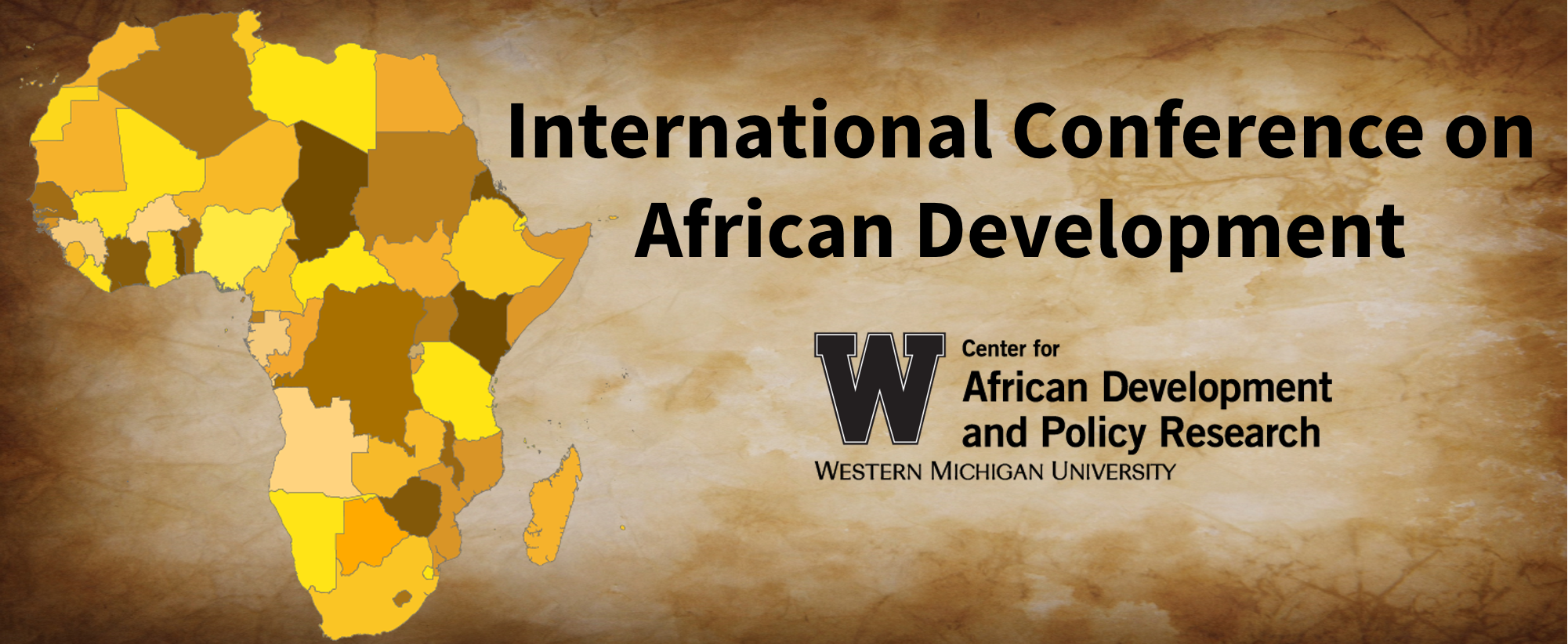9.2 What Brought Us (Ethiopians) Where We Are Today?
Presenter's country
United States
Start Date
18-8-2018 2:00 PM
End Date
18-8-2018 3:00 PM
Location
Bernhard Center 105-107
Submission type
Presentation
Abstract
This paper examines the various political developments in Ethiopia from the 1960s to the present and scrutinizes the main trajectories that have contributed to the political debacle in Ethiopia. It is the presenter’s convection that the greatest weakness of the country’s elite stems from its desire to solve Ethiopia’s problem from the same faulty political premise: “Ethiopia was an Empire.” The paper also contends that while the country’s elite recognizes the diversity of Ethiopia, it, however, proposes and implements a “one fits all” solution to the diverse country and society. Moreover, the elite’s inability or unwillingness to look inwards to solve the country’s problems has been another error that has continued to drag the country backwards. Furthermore, it points out that the country’s education system, be it traditional or “modern,” has failed to effect change in the right direction.
9.2 What Brought Us (Ethiopians) Where We Are Today?
Bernhard Center 105-107
This paper examines the various political developments in Ethiopia from the 1960s to the present and scrutinizes the main trajectories that have contributed to the political debacle in Ethiopia. It is the presenter’s convection that the greatest weakness of the country’s elite stems from its desire to solve Ethiopia’s problem from the same faulty political premise: “Ethiopia was an Empire.” The paper also contends that while the country’s elite recognizes the diversity of Ethiopia, it, however, proposes and implements a “one fits all” solution to the diverse country and society. Moreover, the elite’s inability or unwillingness to look inwards to solve the country’s problems has been another error that has continued to drag the country backwards. Furthermore, it points out that the country’s education system, be it traditional or “modern,” has failed to effect change in the right direction.


